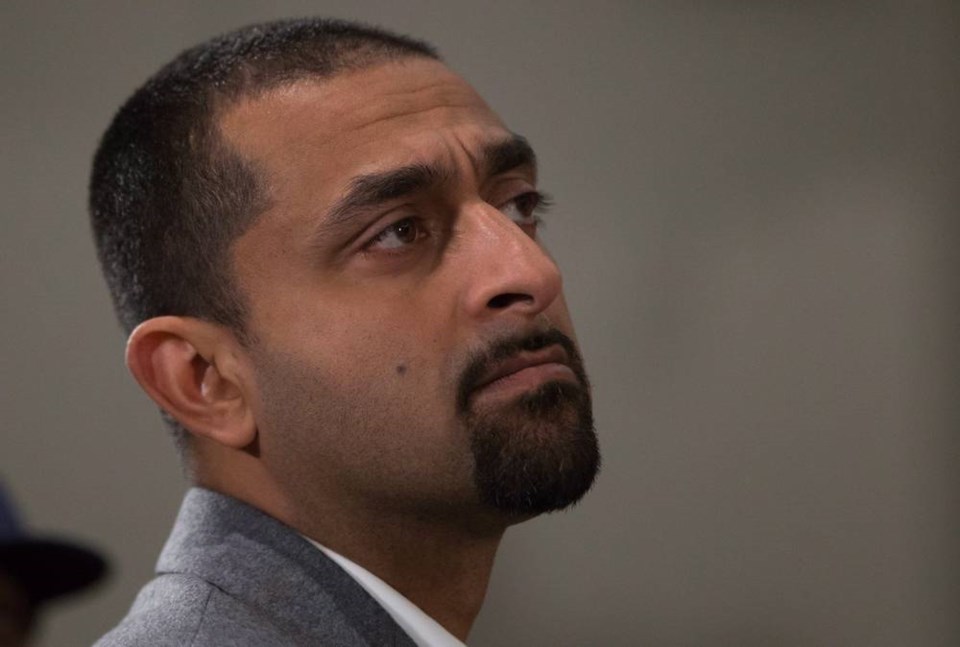B.C.’s is extending the deadline to apply to its oversubscribed small and medium-sized business recovery program until July 2 and is boosting its total investment to $430 million.
The grant program has had “tremendous uptake and helped thousands of B.C. businesses position themselves for a strong recovery as we embark on B.C.’s restart plan,” Ravi Kahlon, minister of jobs, economic recovery and innovation, said Friday.
B.C. is putting in $140 million more than originally anticipated, he said.
Monies will support more than 20,000 businesses and 260,000 employees.
So far 10,000-plus grants have been awarded to businesses, with more than 40 per cent going to tourism-related businesses.
“For thousands of businesses, the grant has been a lifeline,” he said.
“It has allowed them to pivot to purchase new equipment, to build a patio or pay their employees. The program has been very well received. In fact, it’s now oversubscribed.”
After tourism businesses, the next largest group to apply for grants has been the hospitality sector with its restaurants, pubs and breweries, Kahlon said.
The program offers grants of $10,000 to up to $30,000, and an additional $5,000 to $15,000 for tourism-related businesses.
Other support programs offered include B.C.’s circuit breaker business relief grant, which is providing more than $130 million to hospitality and accommodation businesses. The application deadline for that program closed early last month.
While international border closures remain and cruise ships will be passing by Victoria, Kahlon said, “I think in the next phase certainly we’re going to be encouraging people to discover your backyard, travel within B.C.”
Provincial officials are talking to the federal government about the metrics it takes into account when deciding when to open up, he said. “We want to see international tourism back when it’s safe to do so.”
Bruce Williams, chief executive at the Greater Victoria Chamber of Commerce, reiterated calls B.C. to extend the recovery grant program to non-profit organizations.
“A lot of non-profits are in serious trouble and their services will be going away if they don’t get some support.”
The demand on their services has been greater than usual because of the pandemic and that will continue, he said. In addition, these organizations provide jobs to many citizens in Greater Victoria.
Grant money could make the difference between these agencies — which take care of physical and mental health — staying open or closing, Williams said.
“Their fundraising has been impacted hugely” as a result of the pandemic.
When it comes to the local hospitality and tourism sector, Williams said, “It’s not great. Everybody’s down obviously … some have been able to rebound and make up with take-out and delivery but a lot of them just haven’t been able to do that.”
The biggest impact is on downtown “because there are no workers there,” he said.
There’s no guarantee that government workers now doing their jobs at home because of the pandemic will return to downtown, Williams said. “The restaurants are suffering from that a great deal.”
He encourages residents to go to the shops and eateries downtown, he said.
Williams is also urging B.C. to encourage the federal government to continue wage and income support programs for tourism and hospitality sector into the spring 2022.



